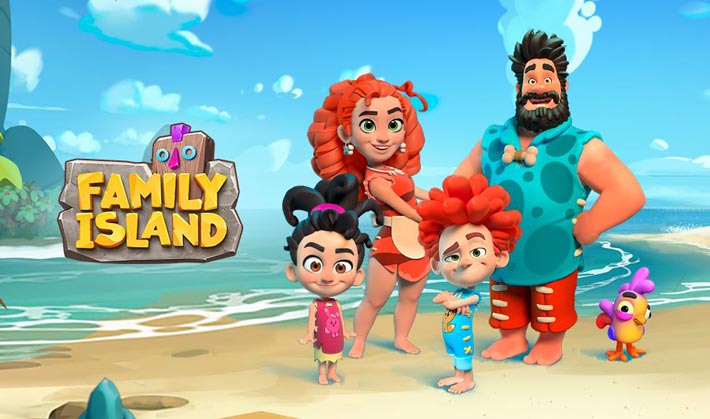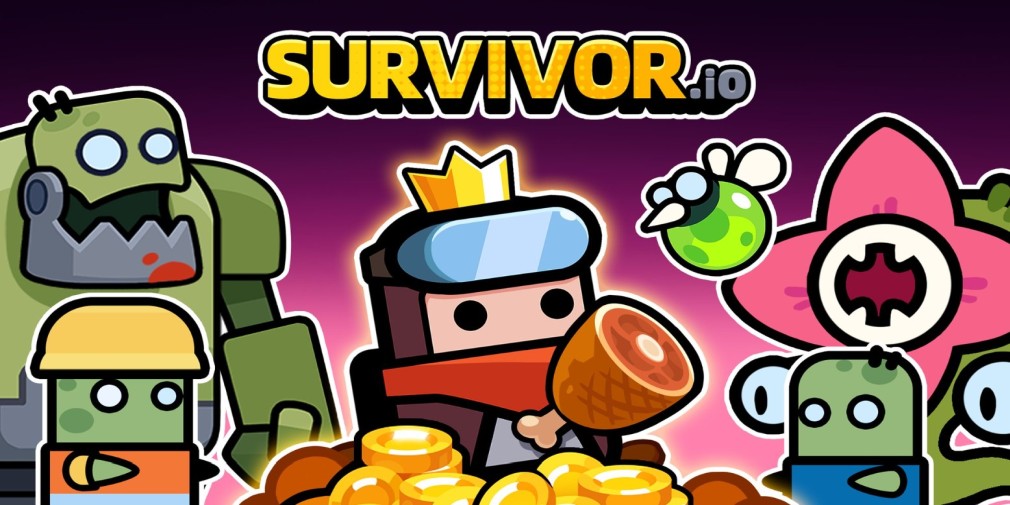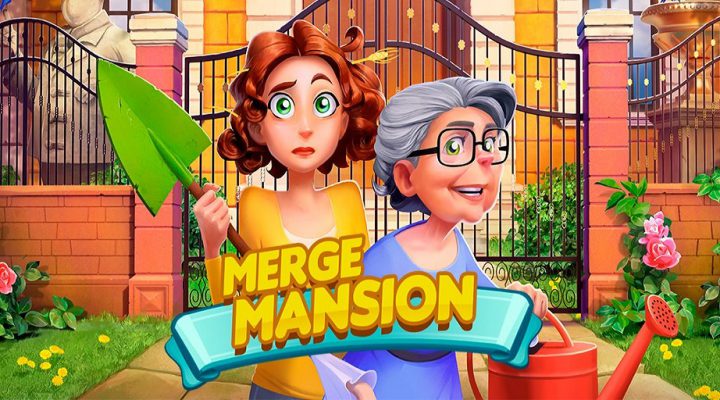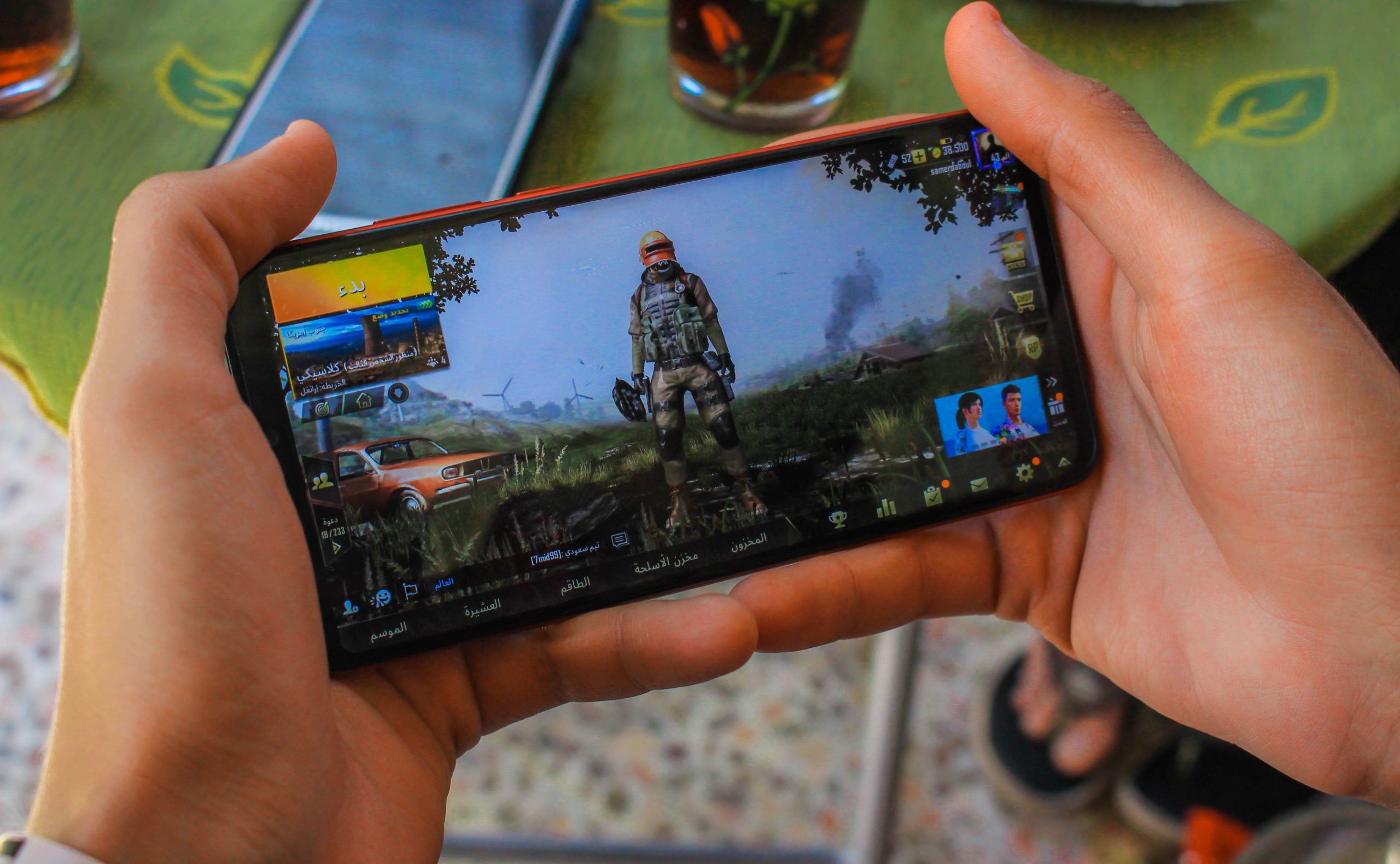Using dramatic tropes and storytelling to drive conversions ⎮ A Family Island Case Study
Mobile Games
July 6, 2023
Our latest case study star is Family Island! Famous for its highly dramatic video ads and the use of storytelling tropes. Is that the secret to their success? Come take a look at their marketing strategy with us and see how this Stone Age farming game became a staple of mobile gaming.
About Family Island
Family Island is a casual farming game that was launched in October 2019 by Melsoft Games. The game has been downloaded over 50 million times (and more than 2 million times in the past 30 days).

Set in the Stone Age, the game follows a family of four (the dad Bruce, the mom Eve and the children Tim and Lizzy) that escapes a volcano eruption and starts a new life on an uninhabited island.
The goal of the game is to help the family survive and thrive through crafting, farming, foraging, etc. Players need to grow crops and mine resources but also build and upgrade tools and buildings.
There is also a discovery side as well as the possibility of decorating and customizing the farm. On top of the gameplay, there is a narrative layer following the family’s story with unexpected twists to keep players engaged. Some of the storylines are interactive, meaning that players can influence the overall story.
Their app stores presence
Family Island has adapted its store assets to the different audiences of both the App Store and the Play Store. Although the creatives are similar in branding, color schemes, and characters, there are still some changes between both stores.
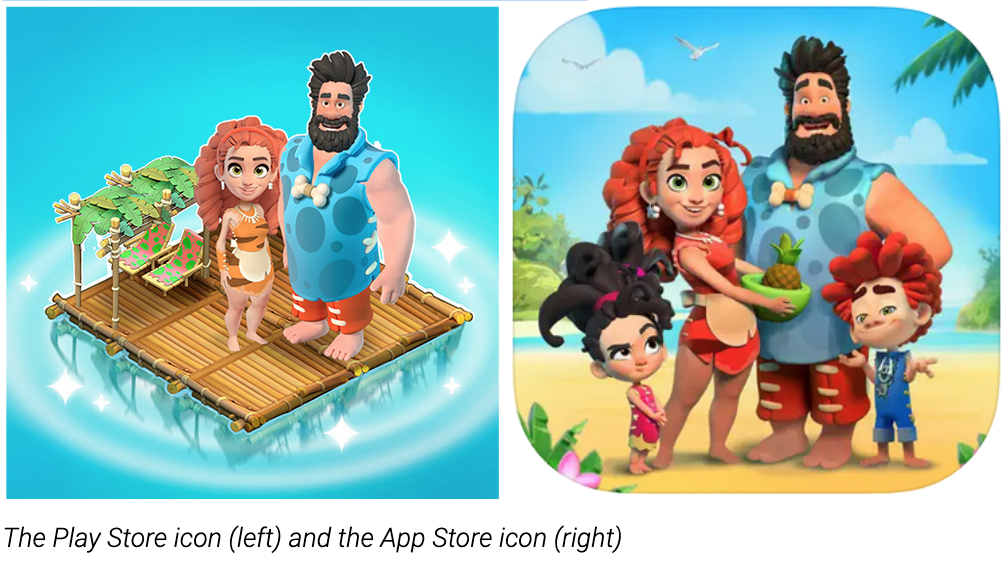
One of the advantages of the game is that thanks to their UA campaigns, the characters are very recognizable. They also always wear the same outfits and haircuts, building a sense of familiarity with players. Blue is the predominant color, it’s a calm color that fits in well with the idyllic island setting (even though the island is only visible on the App Store icon). However, the most notable difference is that one icon only shows the parents whereas the other shows the entire family.
The Play Store focuses solely on Bruce and Eve, they haven’t reached the island just yet so they’re still surrounded by sparkling water. The App Store icon adds some details, with both the kids being present and more movement for the characters (the mom is holding a plate and every family member is doing something with their arms).
The Play Store promo video acts as a backstory to the game. It starts with an attention-grabbing volcanic eruption that explains why the family ends up on the game’s island. They start introducing gaming elements one at a time, showing actions taken in the game, then energy bars, etc.
The storytelling-heavy beginning is sure to grab users’ attention as well as being a nice recall of the game’s UA assets.
Relying on dramatic tropes in UA
Drama brings emotions and gets people invested. For UA, Family Island relies mostly on video ads and storytelling. Most of the ads show family members in highly dramatic situations.
One of the tropes they use is the cheating trope. Over several video ads, both the father and the mother are shown cheating on each other, prompting the other parent to leave and end up on the deserted island of the game.
Cheating is a highly dramatic instance, both in reality and fiction. It pushes witnesses to take sides and, as a result, get emotionally involved. It’s also a sure way to drive strong opinions. No one is truly indifferent to situations like this and it reminds users of real life because these are situations that are common and have been encountered before in a nonfiction world.
Some versions of the ad also heighten the stakes with both the wife and the daughter finding out at the same time while they were about to announce a new pregnancy. Fun fact: the dad is not shown in the gameplay at the end of the ad, as if he was not part of the game after that treason.
These tropes also allow the characters to express strong emotions (shock, anger, sadness), and the more visible the emotion, the more potential players can empathize with it and build a connection with the game.
Family Island has humanoid characters, which means that because they’re human, they’re expected to act as such, and showing their humanity through emotional settings can create a bridge between the game and its players.
An emotional attachment is the first step toward a trusting relationship. For players to invest in a game, both time and money, they need to connect with it and trust the brand.
Their video ads and general UA campaigns also rely heavily on storytelling. Because the game has such identifiable characters, they can be used in different ways to showcase stories and catch viewers’ attention. With a strong beginning with high stakes, people feel compelled to watch the ad to know what happens to the characters.
In this ad, the father is stranded at sea, surrounded by menacing sharks in the middle of a storm. He’s clearly alone, looking fondly at a picture of his family. There are several plot twists: we see a shark jumping at the camera, the father is nowhere to be found after that, and at the very end of the video we see someone watching the family from afar.
Not knowing what happens to the dad keeps users involved in the video, it can even boost interaction because people like to wonder and speculate about what happens. Storytelling is a great way to boost conversions and Family Island is really relying on that, with great results.
Another trope they use is family. After all, it’s even in the name of the game. Family Island’s content is all about the characters and their family. The daughter is the star of many UA video ads. Building a connection between the players and the characters is a great way to keep them engaged and reduce churn. After all, the more they enjoy the characters and get attached to them, the more they will want to play the game.
Players being emotionally invested in the game and its characters is a great thing, because not only it means that they trust the brand but they will play for longer.
- Mobile Video Monthly #38 – November 2023 - 5 December 2023
- Disturbing ads, a new trend for mobile gaming creatives? - 28 November 2023
- The Power of Holiday Marketing in Boosting Mobile Game Engagement - 21 November 2023





